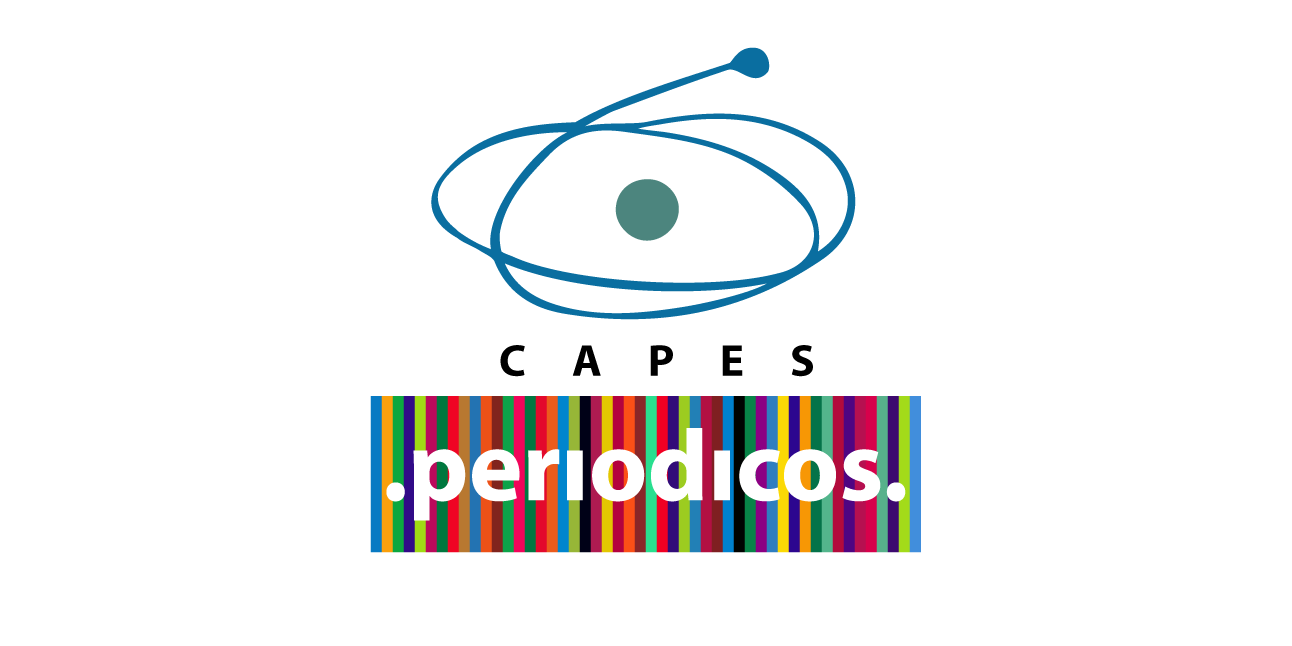How the Approach Works in the Cinema Space of VEJA
Keywords:
Discourse Analysis, authorship, cinema, Veja magazine.Abstract
This study results from a Conclusion’s Study of Journalism’s Course (TCC) of Centro Universitário de Maringá (Cesumar) developed in 2008. It questioned the way the text’s construction configures itself discursively when it focuses on criticizing recent movies in the specific cases of movie reviews, in Veja magazine, enunciated by Isabela Boscov as an author’s function. Taking as theoretical and analytical base the French Discourse Analysis, advocated by Michel Pêcheux, with contributions from Michel Foucault regarding his authorship, it looked to understand the way the senses are into operation in the construction, support and movement of journalistic authority and, that same concept of a discursivity on and about film productions. The main idea of this research was to observe how many movies are treated in the spaces of journalistic’s opinion geared to the movies, very often, in a superficial way. From the sense analysis produced and ran by and for the critic journalism and the review, it was possible to observe in the cinema space of Veja Magazine the constant changes between the discursive positions of movies reviewer and critic. It was observed that, though Boscov talks from the critic position, discursively the review position is on top. The author, when challenged by characteristics of the cinematographic critic, tries to re-affirm her position of critic and to legitimize her words. Nevertheless, through a discursive reading, it was possible to realize that her texts are crossed (or even constituted) by characteristics of the review gender, like the approach of movies put recently in the market for the cultural industry. So, this study is not closed here, but it is open to different and/or new contributions that could think about the opinionated spaces of the communication means, in a way to ask the obvious respected thing, the "truth" presented as unique and natural.Downloads
How to Cite
Dorne, V. D., & Pimentel, R. M. L. (2009). How the Approach Works in the Cinema Space of VEJA. Iniciação Científica Cesumar, 11(2). Retrieved from https://periodicos.unicesumar.edu.br/index.php/iccesumar/article/view/1284
Issue
Section
Artigos Originais
License
The Editorial Board is authorized to make certain changes in the original text to comply with bibliographical norms, orthography and grammar, so that standards in language and style may be maintained. However, the author´s style will be preserved. The concepts developed by the authors are their exclusive concern and responsibility.In case of approval, the e-mail of acceptance will contain a Letter of Copyright with authors´ name, personal data, and signature of all authors.






